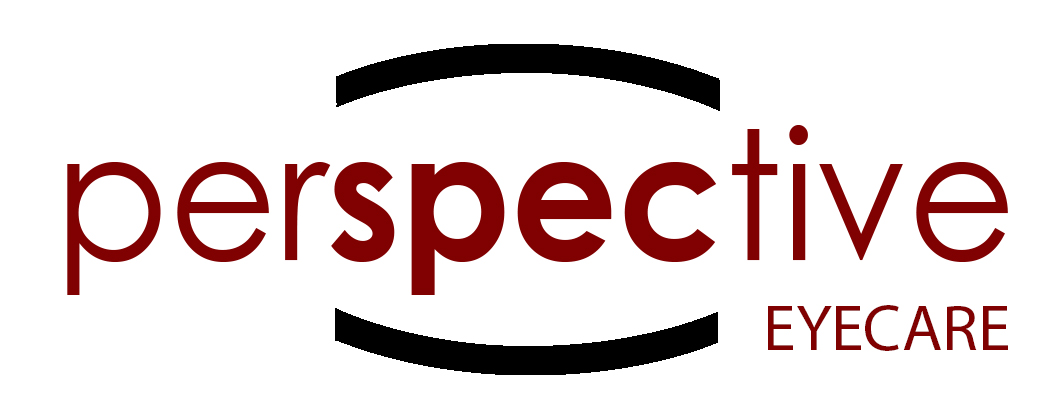Top Five Signs You Need a Comprehensive Eye Exam
/Our eyes are among our most important senses, yet they’re often taken for granted until something feels “off.” Unlike a simple vision screening, a comprehensive eye exam goes beyond checking if you need glasses—it evaluates the overall health of your eyes and can even detect early signs of systemic health conditions like diabetes or hypertension. So how do you know when it’s time to schedule one? Here are the top five signs.
1. Blurry or Fluctuating Vision
If you find yourself squinting to read road signs, struggling with computer screens, or noticing that your vision seems clear one moment and fuzzy the next, it’s time to get checked. Blurry or fluctuating vision may be caused by uncorrected refractive errors such as nearsightedness, farsightedness, or astigmatism. But it can also be linked to more serious conditions like cataracts, glaucoma, or even changes in blood sugar. An eye exam can pinpoint the cause and provide solutions to restore clarity.
2. Frequent Headaches or Eye Strain
Headaches aren’t always caused by stress or dehydration—sometimes they stem from your eyes working overtime. Straining to focus, especially while reading, driving, or using digital devices, can lead to discomfort in both your eyes and your head. This is often a sign of uncorrected vision problems or eye misalignment. A comprehensive exam not only determines if glasses or contact lenses can help but also checks for underlying eye coordination issues that may be contributing to the strain.
3. Difficulty with Night Vision
If driving at night has become increasingly uncomfortable—whether due to glare from headlights, halos around lights, or general difficulty seeing in low-light conditions—it’s a clear sign that you should schedule an eye exam. Trouble with night vision can indicate cataracts, early macular degeneration, or simply an outdated prescription. Addressing this issue promptly helps keep both you and others safe on the road.
4. Sudden Changes in Vision
Sudden blurriness, flashes of light, new floaters, or loss of vision in one or both eyes should never be ignored. These symptoms could point to serious problems such as retinal detachment, stroke, or other urgent eye conditions that require immediate medical attention. Even if the symptoms seem to improve, it’s crucial to have your eyes evaluated as quickly as possible.
5. It’s Been More Than a Year (or Two)
Even if you aren’t experiencing any obvious issues, regular eye exams are essential. Adults should generally have their eyes examined every one to two years, depending on age, risk factors, and whether they wear corrective lenses. Eye doctors can detect conditions like glaucoma or diabetic retinopathy long before symptoms appear—when treatment is most effective. Think of an eye exam as preventive care, not just a reaction to problems.
The Bottom Line
Your eyes do more than help you see—they provide a window into your overall health. If you’ve noticed any of the above signs, or if it’s simply been a while since your last exam, now is the perfect time to schedule a comprehensive eye exam. Protecting your vision today means preserving it for the years ahead.

